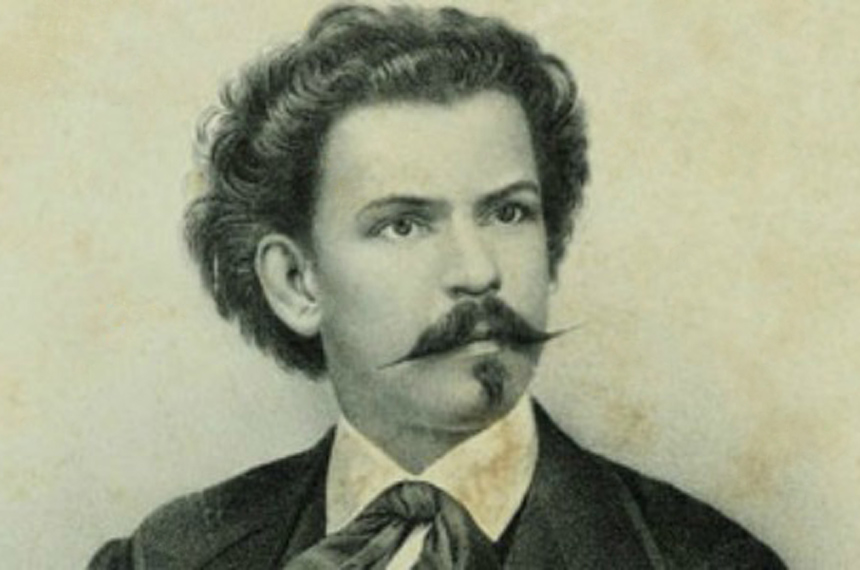Carlos Gomes, born Antônio Carlos Gomes, was a Brazilian composer whose melodies continue to resonate through the annals of classical music history. Born on July 11, 1836, in Campinas, São Paulo, Brazil, Gomes was the son of a military bandmaster and an amateur pianist. His early exposure to music within the familial setting sparked his passion for the art form, leading to his formal education at the Imperial Conservatory of Music in Rio de Janeiro.
Gomes' talent was apparent from a young age, and he excelled in his studies, mastering the piano and composition. His early compositions already hinted at the unique blend of European classical traditions with Brazilian folk elements that would later characterize his work. In 1859, he traveled to Italy on a scholarship, a journey that would profoundly shape his musical identity.
Carlos Gomes, a Brazilian composer of the 19th century, left an indelible mark on the world of classical music. Often referred to as the "father of Brazilian opera," Gomes created a rich and diverse body of work that showcased his exceptional talent and celebrated his cultural heritage. In this article, we invite you on a journey to rediscover the genius of Carlos Gomes as we explore his five best compositions that continue to captivate audiences worldwide. Carlos Gomes' musical legacy continues to captivate listeners with its fusion of Brazilian and European influences, heartfelt melodies, and compelling narratives. From the grandeur of "O Guarani" to the emotional depth of "Maria Tudor," Gomes' compositions remain a testament to his genius. As we rediscover the works of this remarkable composer, we are reminded of the power of music to transcend borders and touch the hearts and souls of audiences around the world.
Carlos Gomes was one of the most prominent composers of the 19th century, and the first Brazilian to achieve success in the European opera scene. He was born in Campinas, São Paulo, in 1836, and showed an early talent for music. He learned to play several instruments, such as piano, violin, and flute, and composed his first pieces when he was still a teenager.
Antônio Carlos Gomes - Abertura de O Guarani
Antônio Carlos Gomes (Campinas, July 11, 1836 – Belém, September 16, 1896) was the first New World composer whose work was accepted by Europe. The only non-European who was successful as an opera composer in Italy, during the "golden age of opera", contemporary to Verdi and Puccini and the first composer of non-European lineage to be accepted into the Classic tradition of music.
Younger than Verdi, yet older than Puccini, Carlos Gomes achieved his first major success in a time when the Italian audiences were eager for a new name to celebrate and Puccini had not yet officially started his career. After the successful premiere of Il Guarany, Gomes was considered the most promising new composer. Verdi said his work was an expression of "true musical genius". Liszt said that “it displays dense technical maturity, full of harmonic and orchestral maturity.”
For more:
http://www.melhoresmusicasclassicas.blogspot.com

